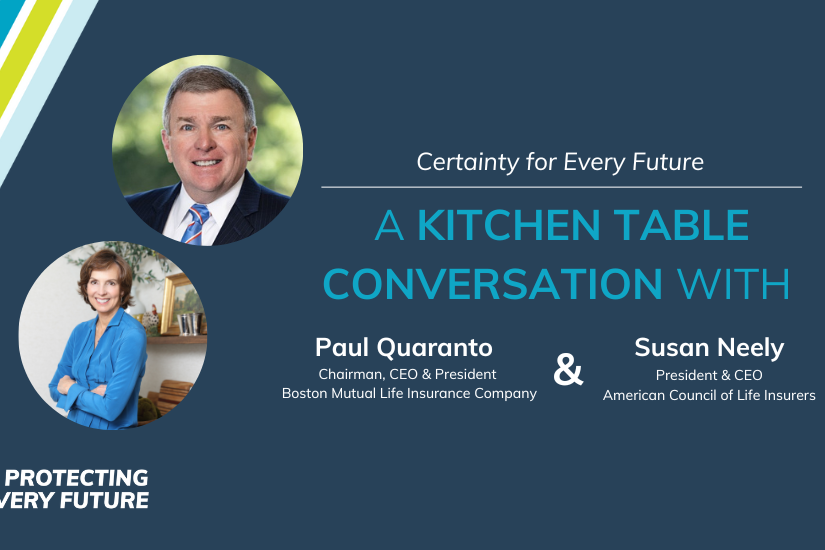SECURE It: An Easy Call for Senate – Pass the SECURE Act

It’s been 13 years since Congress has passed any substantial retirement security legislation. We came close in 2016 when the Senate Finance Committee unanimously passed the Retirement Enhancement and Savings Act (RESA). Unfortunately, the clock ran out that year.
But now we have the Setting Every Community Up for Retirement Enhancement (SECURE) Act, which builds on the strong foundation of RESA. We’ve had a substantive and thorough debate over its merits. And its merits have won tremendous bipartisan support.
As I mentioned in a recent podcast interview, financial security policy that affects people’s lives is complicated.
There is a lot of regulation baked into the current system to protect consumers, as there should be.
Nothing changes, improves or evolves on Capitol Hill without a lot of appropriate discussion and lots of scrutinizing of details. Policymakers want to make sure they get it right.
The House overwhelmingly passed SECURE, 417-3. Groups from all across the political spectrum back SECURE. And support is growing.
Last week, the National Conference of State Legislatures expressed their support for SECURE in a letter to Senate Majority Leader Mitch McConnell, Senate Finance Committee Chairman Chuck Grassley and Senate Finance Committee Ranking Member Ron Wyden.
It’s easy to see why SECURE has attracted so much support.
After all, SECURE will expand access to retirement plans for millions of Americans. It will allow older workers to contribute more to their IRAs. It will prevent up to 4 million people in private-sector pension plans from losing future benefits.
It will make it easier for small businesses to band together and provide retirement plans for employees – leading to at least 700,000 new savers. And it will fix unfair tax treatment for 18,000 Gold Star families.
There’s more, but I’ll stop there. It’s really not that complicated. SECURE is simply very good policy that will help Americans secure their financial futures.
The Senate should make the easy call and pass SECURE without delay.





